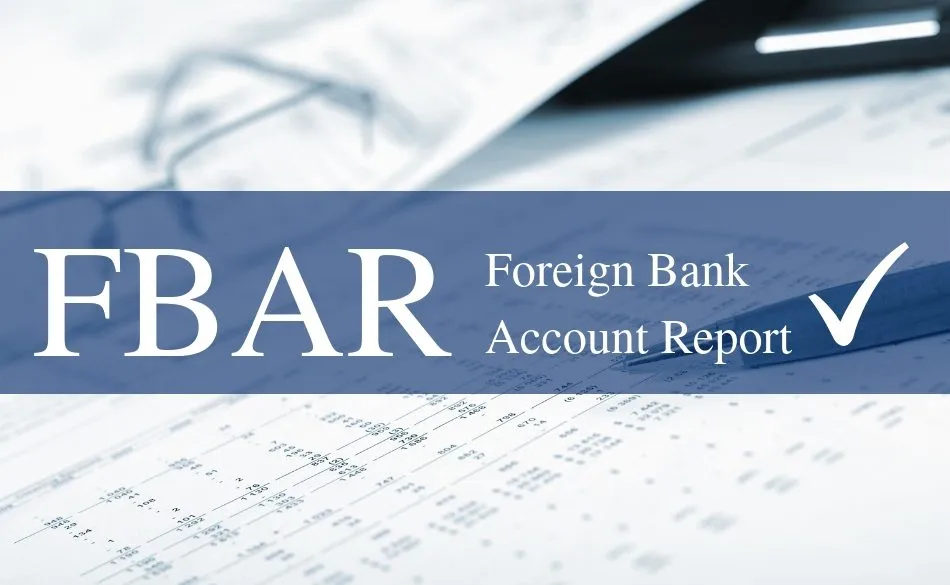 WhatsApp
WhatsApp
 Call Us
Call Us
 Email Us
Email Us
 Whatsapp Community
Whatsapp Community

The FIRE strategy—Financial Independence, Retire Early—is transforming how individuals plan their financial futures. For Non-Resident Indians (NRIs) planning to return to India, implementing FIRE involves not just saving and investing but also navigating the complexities of global taxation, currency management, and residency transitions.
If you're an NRI aspiring to achieve FIRE and ensure a seamless return to India, this guide will walk you through actionable strategies to build financial independence while making informed decisions about your transition.
The first step to achieving FIRE is to set clear, actionable goals. Ask yourself:
For NRIs, FIRE goals should consider currency fluctuations, taxation differences, and investment opportunities in both your host country and India. Early planning allows you to take advantage of compound interest, tax benefits abroad, and other financial tools.
Maximizing your investments while living overseas is crucial. Depending on your host country, leverage tax-advantaged accounts such as:
Prioritize investments in low-cost index funds and ETFs to diversify your portfolio. Before returning to India, review the structure of your overseas accounts and consider rolling over high-cost accounts to more flexible options, such as Traditional IRAs, for lower fees and better growth potential.
The Resident but Not Ordinarily Resident (RNOR) status is a game-changer for NRIs. For up to three financial years after returning, your global income (other than that sourced in India) is not taxable in India. Use this window to:
For NRI returning to India, managing currency risks is critical. Balancing investments between INR and USD ensures stability in case of currency fluctuations. Strategies include:
NRIs often face a shift in financial priorities when moving back to India. Evaluate your portfolio to ensure it aligns with your future lifestyle and retirement goals. A mix of growth-oriented investments for overseas funds and stable instruments for Indian assets can strike the right balance.
For instance:
Understanding and managing tax implications in both your host country and India is essential. Before you leave, consolidate your withdrawals from retirement accounts and handle capital gains strategically. Use the Double Taxation Avoidance Agreement (DTAA) to minimize tax burdens.
Post-return, ensure compliance with Indian tax laws by:
Estate planning is critical for ensuring your wealth transitions smoothly to future generations. For NRIs, this involves:
A smooth transition back to India requires a detailed plan. Key considerations include:
Achieving financial independence goes beyond just building a corpus—it’s about creating a sustainable lifestyle, protecting your wealth, and securing your family’s future. Whether it’s investing in India’s high-growth sectors, managing complex tax scenarios, or building a financial legacy, an informed approach makes all the difference.
At Dinesh Aarjav & Associates, we’ve helped hundreds of NRIs navigate the complexities of financial planning, taxation, and estate management for over 25 years.
Our specialized services include:
Visit DineshAarjav.com today to learn more or contact us to begin your path to financial independence!







Stay in the loop, subscribe to our newsletter and unlock a world of exclusive updates, insights, and offers delivered straight to your inbox.